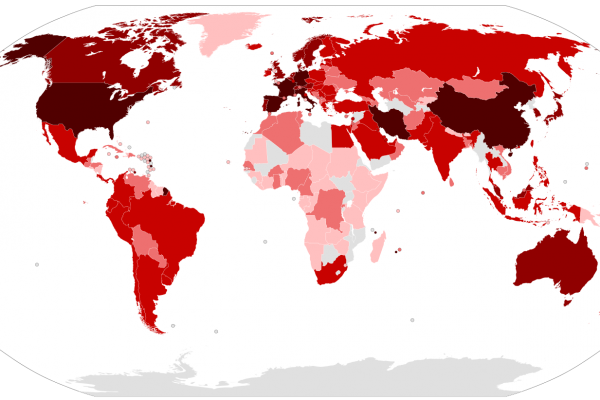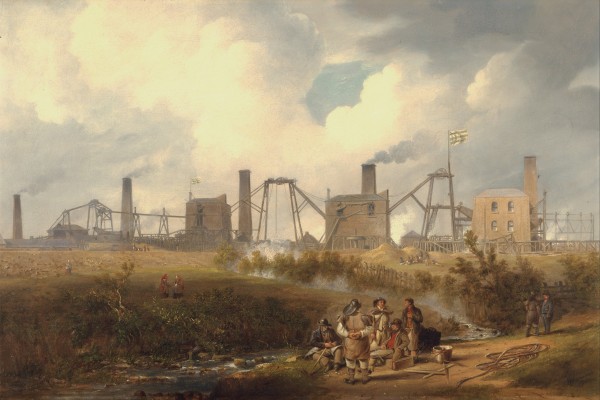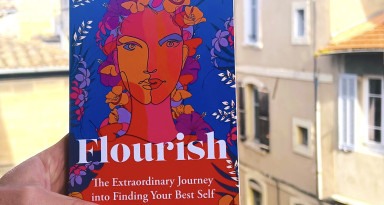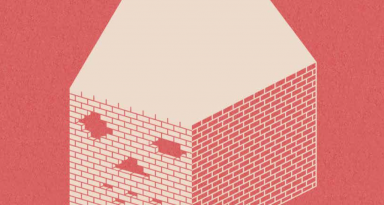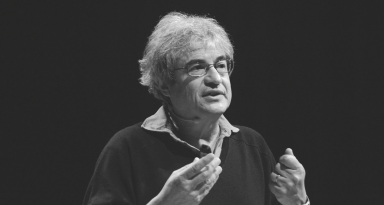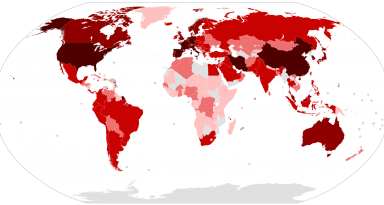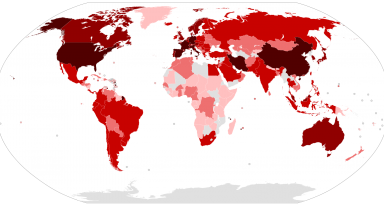We are publishing submissions about the COVID-19 crisis from readers daily on NewPhilosopher.com in the hope that it can help us all make sense of what is happening, and as a historical record of how it made us feel. Here are your thoughts, from around the world.
By Colby Prout, Nevada, USA
We are nameless characters living in the backdrop of a dystopic novel. Facemasks, and self-quarantining. We are all trying to glean meaning, or derive virtue from this ludicrous event in our lives. Many of us claim that this virus is a lesson, or an indictment of a way of life. Depending on which virus origin story you believe, that may be true. But absent such a clear origin, can any meaning be derived out of this absurd contingency? My mind drifts to human history, our own origins, and our place in nature.
The relationship between humankind and nature is generally represented by two competing and equally errant views. The first ideology –one that has essentially been abandoned by western elites but still with some extant adherents- posits that humankind has, and deserves, a dominion over nature. Depending on which version one subscribes to, this dominion is either providential, by design, or is the entitlement of rationality. Actions which flow from this view tend to result in, at worst, violence inflicted on the “natural world’ and at their best, a kind of shepherding effectuation of a teleological view of the natural world. Think: factory farms versus protections for endangered species.
The second view, and the one more prevalent in the present age of climatological disaster, is that humankind has destroyed the harmony and balance of nature, and that we should endeavour to return to this balance as best we can. This view also contains a continuum from which actions flow. From techno-utopists who believe our ingenuity will save us from this catastrophe, to escapists who believe the world will heal only if we return to some sort of agrarian semi-modern lifestyle more in harmony with the natural world.
Inherent in both views is a kind of “othering” of nature. A putting at a distance. The first view presumes that there is some categorical distinction between humans and nature. Under this antiquated view, the privileged position of humankind is a guarantee of rationality. The second view presumes that there could have been some other way for this whole humankind thing to turn out. This too places nature at a kind of distance. There is an inherent distancing in the proposition that if only humankind would have behaved differently, then maybe the natural world wouldn’t be in such a mess.
But both ideologies miss an essential fact. The “destruction” our species inflicts, is the hallmark of nature. Stop wasting time thinking of nature as a harmonious and balanced phenomenon and see it for what it is. A series of unimaginable and random catastrophes. The Permian extinction. The death of the dinosaurs. The extinction of other hominids. The coming extinction(s) which humankind is ushering, is literally fueled by the fossils of past extinctions. Perhaps humankind is the extinction event. We are the ice age, the asteroid. Who after all was extinguishing those other hominids? Us. Nature begot a species capable of setting fires, building factories, waging war. Humankind was not fabricated, or designed. “The mother did carry within her the thing that would carry her off.” We simply arose. Out of the oceans we both worship and pollute.
I used to work and live half of my days in the wilderness building trails. On day three in the field the breathless rhythm of modern society would finally yield to the long sigh of the natural world. And in that sigh the profound humility of your seeming impossibility. As Carl Sagan famously said we “are a way for the universe to know itself.” It is worth remembering then, that while nature is surely a series of catastrophes, between those catastrophes are long interludes of often wondrous beauty. The experiencing of which might as well fill you with gratitude.
